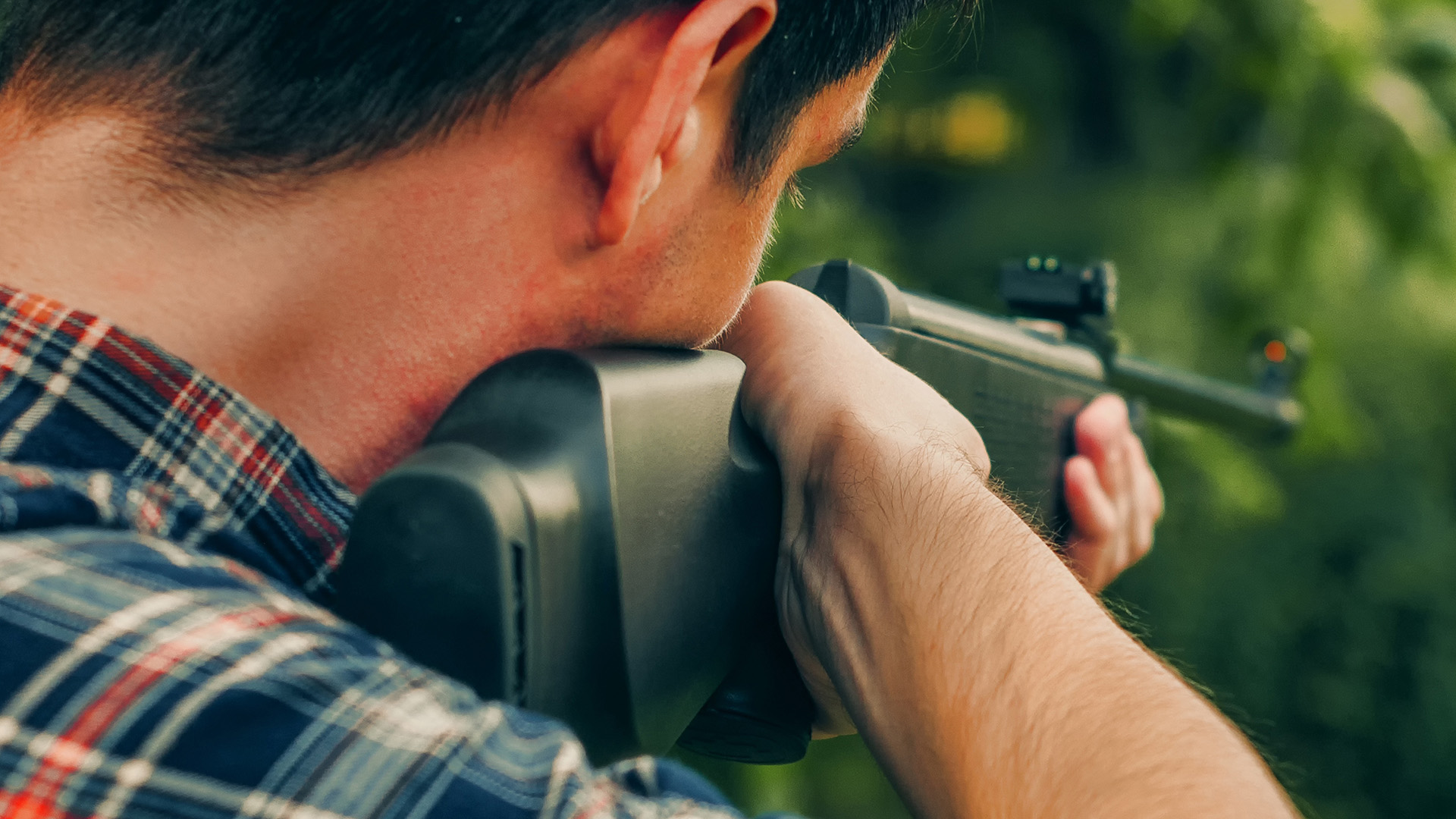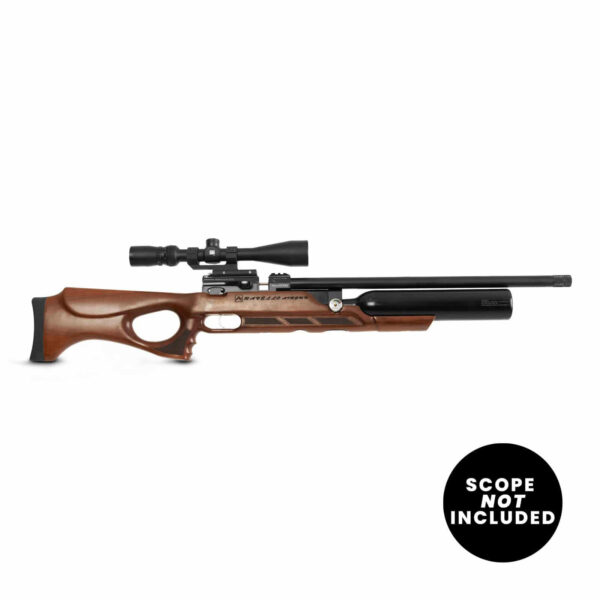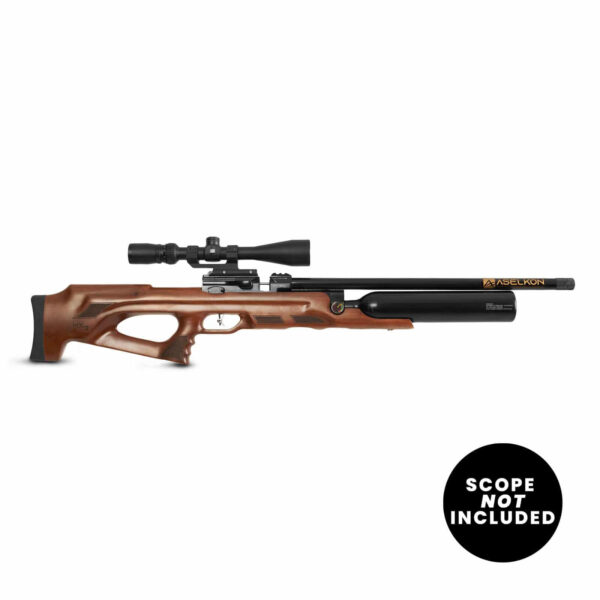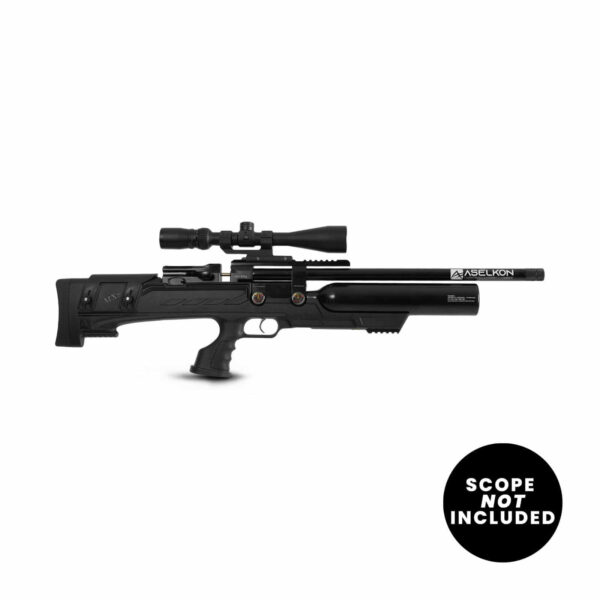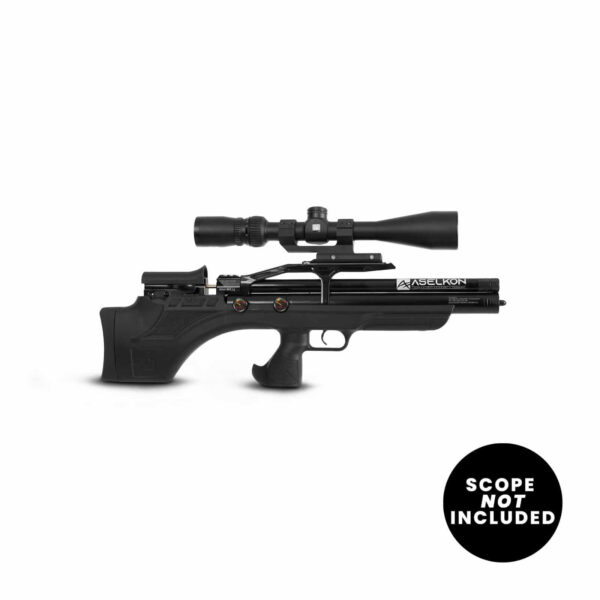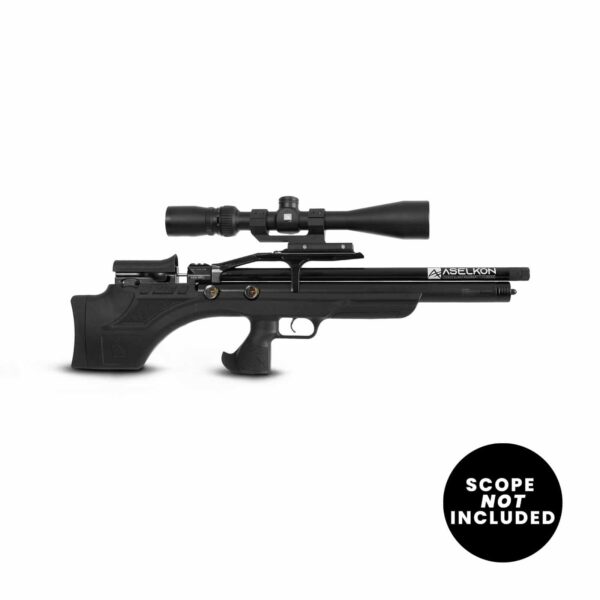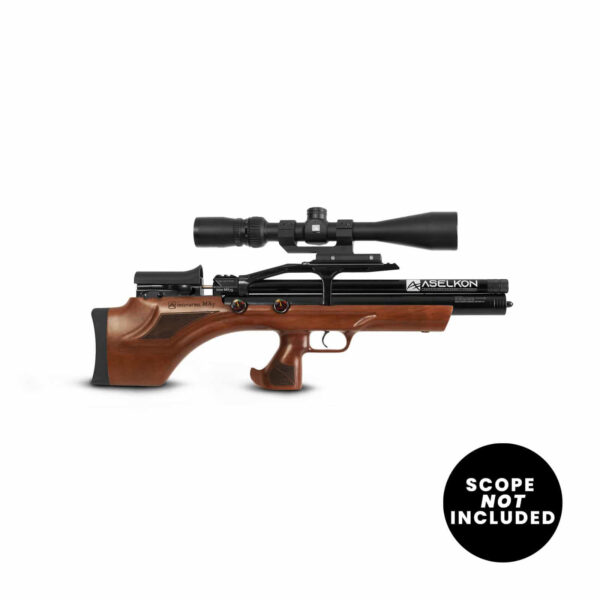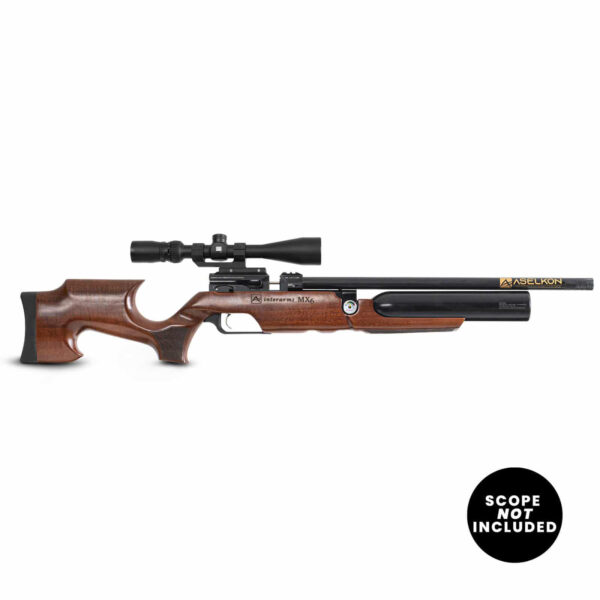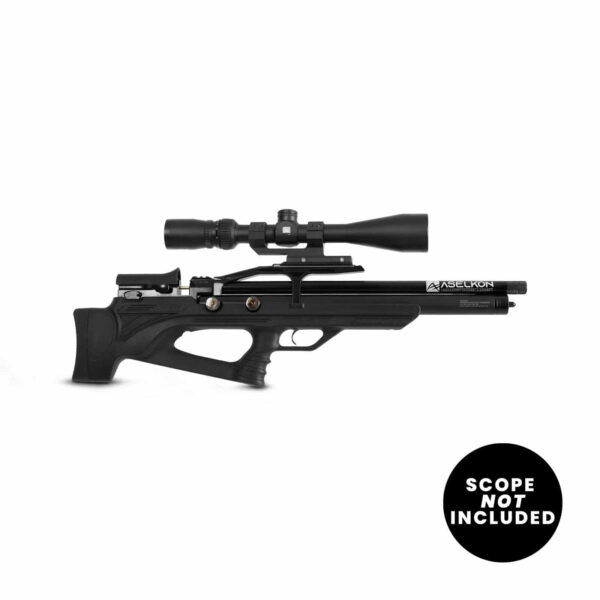Let’s be honest—if you’re part of the airgun community, chances are you already know the basics of airgun safety. But even the most experienced shooters need a reminder now and then.
Whether you’re breaking in your first PCP rifle or have years of shooting under your belt, safety is always step one. In this refresher guide, we’ll cover essential safety practices around handling, storage, and responsible use, along with answers to some of the most common safety questions.
Let’s sharpen up and keep the range (and backyard) safe for everyone.
Safe Airgun Handling
The first step in airgun safety is treating your airgun with the same respect you’d give a traditional firearm. Even if it’s unloaded, always handle it like it’s live.
Here are a few essential rules to follow:
- Safe Direction: Always point the muzzle of the airgun in a safe direction. Never aim at people or pets, even if you think the weapon is unloaded.
- Finger-Off Trigger: Keep your finger off the trigger until you’re ready to shoot. This helps avoid accidental discharge.
- Avoid Hard Surfaces: Never shoot at hard surfaces. The pellets could ricochet, leading to potential injury or property damage.
- Know Your Target: Be mindful of your target and what’s beyond it. Always ensure your shooting area is clear and safe before firing.
Following these guidelines helps ensure you and those around you stay safe while using airguns.
Proper Storage of Airguns
When you’re not using your airgun, storing it properly is key to preventing accidents and unauthorized use. If children and others unfamiliar with airgun safety have access to your airgun, they could be at risk.
Here are some important storage tips:
- Lockable Case:Use a lockable case or cabinet to keep your airgun out of reach from those who shouldn’t be handling it, especially children.
- Unload Before Storage:Always ensure your airgun is completely unloaded before putting it away.
- Store Pellets Separately: Keeping ammunition away from your airgun adds another layer of safety.
These precautions can significantly reduce the risk of accidents and misuse.
Responsible Airgun Usage
Shooting an airgun responsibly extends beyond safety. It’s about respecting others, your surroundings, and the environment.
Here’s how to use your airgun responsibly:
- Follow Laws:Each state and country has specific laws for airgun use. Make sure you’re aware of these before you start shooting.
- Designated Areas: Only use your airgun in controlled environments like ranges or private property where shooting is allowed.
- Regular Cleaning: Maintaining your airgunkeeps it in top condition and prevents malfunctions during use.
By following these practices, you can ensure that your airgun activities are safe and respectful to others.
Shop Safely at AirFire Tactical
At Airfire Tactical, we believe safety and performance go hand in hand. We offer only high-quality, reliable airguns and accessories designed with durability and control in mind. Whether you’re starting your airgun journey or upgrading your gear, we’re here to help you do it safely.
Frequently Asked Questions About Airgun Safety
Is an airgun considered a firearm?
In most U.S. states, airguns are not legally classified as firearms. However, they can still cause injury and must be handled with the same care and responsibility. Always check your local laws.
Can airguns be dangerous?
Yes. Airguns may not fire bullets, but they can cause serious injury or property damage. Misuse or accidental discharge can be harmful—especially with high-powered PCP rifles.
What’s the safest way to store an airgun?
Store it unloaded in a locked case or cabinet, away from children or unauthorized users. For added safety, store ammunition (pellets) in a separate location.
Is it legal to shoot an airgun in my backyard?
This depends on your city or county ordinances. Some areas allow backyard shooting on private property; others may restrict discharge entirely. Always verify local laws before use.
Do I need to wear eye protection with an airgun?
Yes. Protective eyewear is highly recommended, especially during target practice or plinking, to prevent injury from ricochets or debris.
Explore our collection today and stay safe while enjoying the sport! Shop AirFire Tactical today
